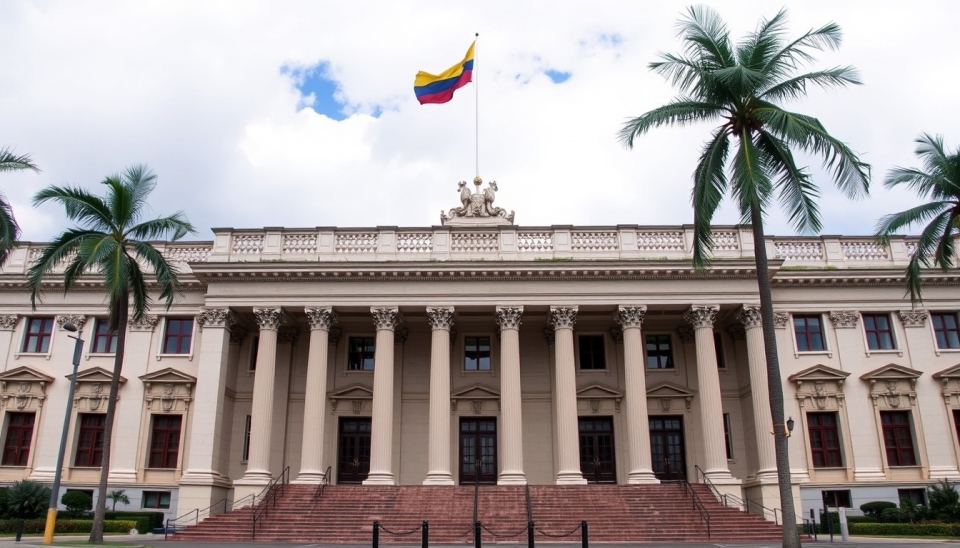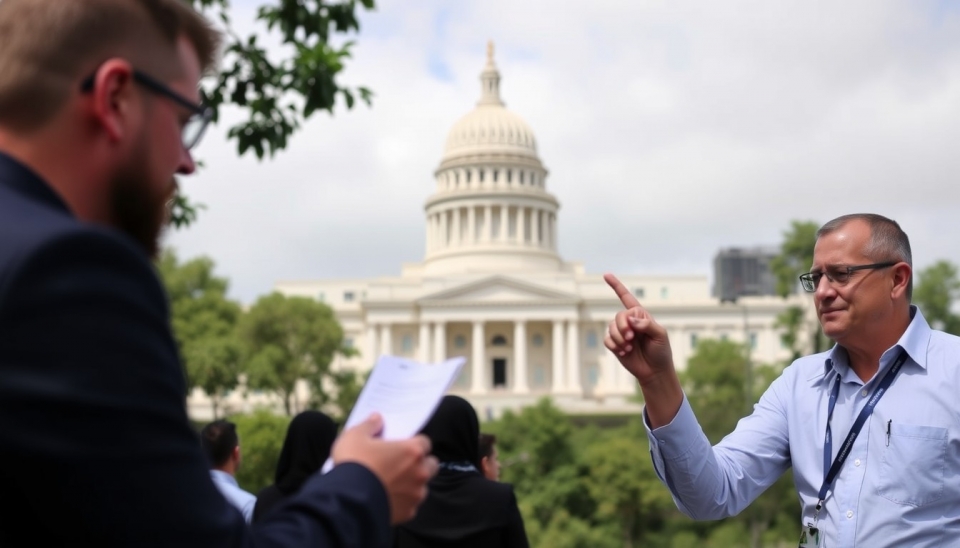Colombian government initiates significant changes in the central bank

Colombia is set to undergo major changes in the management structure of its central bank as part of the new government's strategic plan. President Gustavo Petro aims to move away from outdated approaches that he believes are failing to address the current economic development challenges in the country.
A key aspect of this plan is the formation of a new team of specialists who will help implement a more flexible monetary policy and dynamic measures aimed at stimulating the economy. Petro emphasizes the necessity of developing new solutions to tackle inflation and ensure economic stability.
As part of the planned changes, the government will actively involve external experts in the central bank's work, which is expected to improve the quality of decision-making. Additionally, there are plans to increase transparency within the institution, marking an important step towards building public trust.
These initiatives are anticipated to elevate living standards in the country and enhance the financial well-being of the population, which is one of Petro's administration's main goals. The government believes that changes in the central bank will have a positive impact on economic growth and will allow for more effective responses to shifting economic conditions.
In the future, there are plans for more active cooperation with international financial organizations, which should attract additional investments to the country and create new jobs for Colombians.
Thus, Colombia stands on the threshold of an important phase that, if successfully implemented, could significantly influence the nation's economy and society in the years to come.
#Colombia #CentralBank #EconomicChange #GustavoPetro #Inflation #FinancialStability #Investment #EconomicGrowth #Reforms



